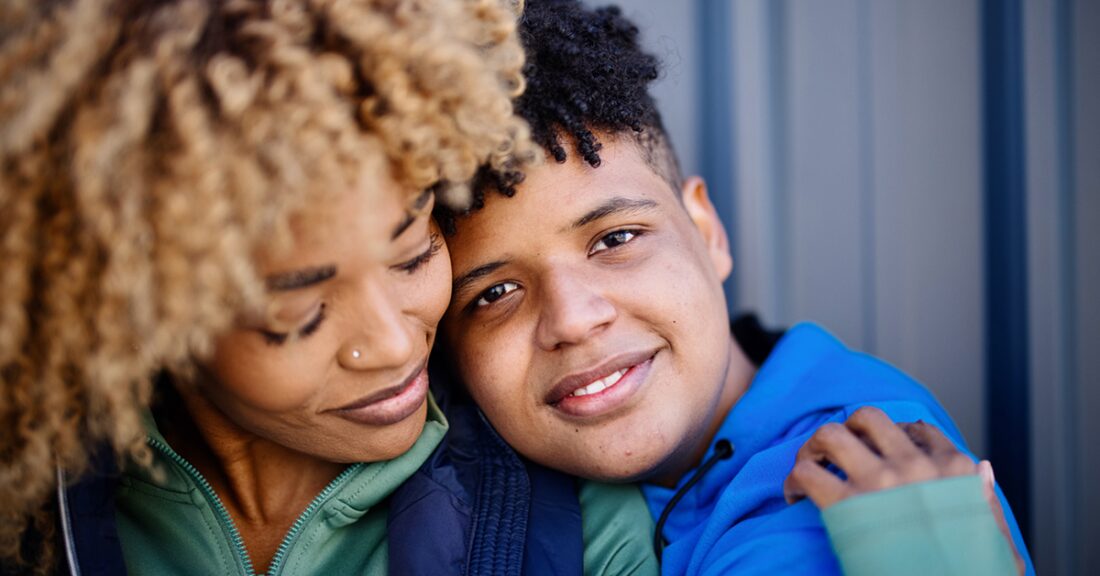Opinion: Legal System Should Take a Back Seat to Families, Schools and Communities

Nate Balis, director of the Annie E. Casey Foundation’s Juvenile Justice Strategy Group, is urging America’s youth justice systems to focus on the evidence. His viewpoint, shared in an essay in the Juvenile Justice Information Exchange, calls for rethinking the nation’s default response to most delinquent conduct. Instead of relying on the justice system to arrest, prosecute and punish young people, Balis maintains that more familiar forces — families, communities and schools — can fill this role.
The data for changing course is compelling, writes Balis. The most rigorous and conclusive study to date suggests that young people and their communities fare worse after justice system involvement.
Validating decades of prior research, the study — led by Elizabeth Cauffman of the University of California at Irvine — notes that “youth who were formally processed during adolescence were more likely to be re-arrested, more likely to be incarcerated and reported more violence.”
In his essay, Balis calls for significantly expanding the use of juvenile diversion before youth are arrested or before their cases are referred to court. At least 60% of juvenile cases should be diverted and never reach juvenile court, according to Balis.






